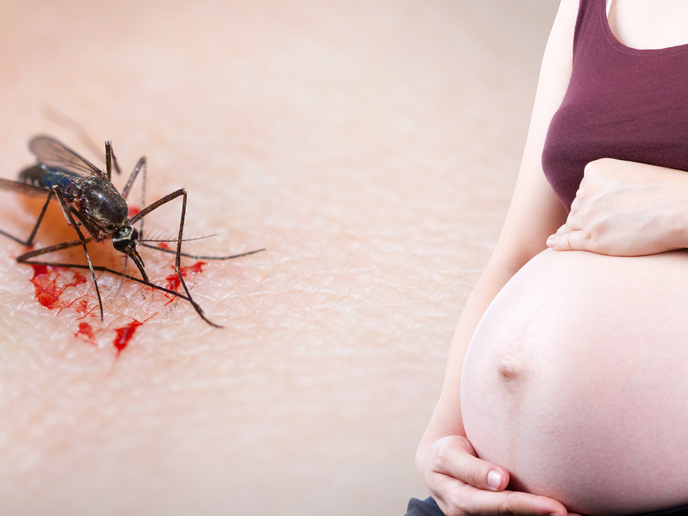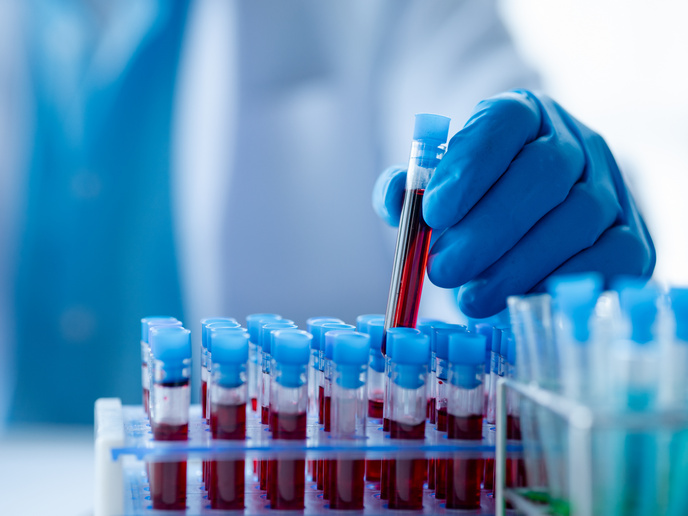Vaccination against neonatal streptococcus
GBS is a major cause of neonatal infection and meningitis, affecting up to one in every thousand births. Accumulating evidence demonstrates a correlation between maternal antibody levels against the capsular polysaccharides (CPS) of GBS and reduced risk of disease in neonates. This has opened up new avenues of prevention through maternal vaccination. The objective of the EU-funded DEVANI project was to design immunisation strategies that transfer strong, durable and protective immune responses against GBS via the placenta. For this purpose, vaccine parameters such as optimum formulation of CPS, recombinant proteins and adjuvants as well as the immunisation schedule were investigated. To begin with, researchers followed more than 25 000 pregnancies in eight European countries and detected 155 cases of GBS infections. Different infective GBS bacterial serotypes were isolated and their characteristics compared to control strains isolated from women who delivered healthy babies. Enzyme-linked immunosorbent assays (ELISAs) were used to screen maternal serum from cases and controls. Significant antibody levels against GBS serotypes Ia and III were found. Although antibodies against pili antigens were also found, they did not confer a protective effect in newborns. For vaccine development, researchers used a mouse model to test maternal immunisation and immune transfer to neonates against virulent GBS. CPS conjugates and protein antigens were tested in various combinations in the presence or absence of different adjuvants. The efficacy of these vaccine formulations was also tested in an intravaginal GBS infection model of pregnant mice, infected one or three days before delivery. DEVANI study has made a significant contribution towards the development of an anti-GBS vaccine by identifying antigenic proteins and relevant GBS serotypes in Europe. Implementation of the DEVANI maternal immunisation strategy globally will promote newborn protection against GBS.







